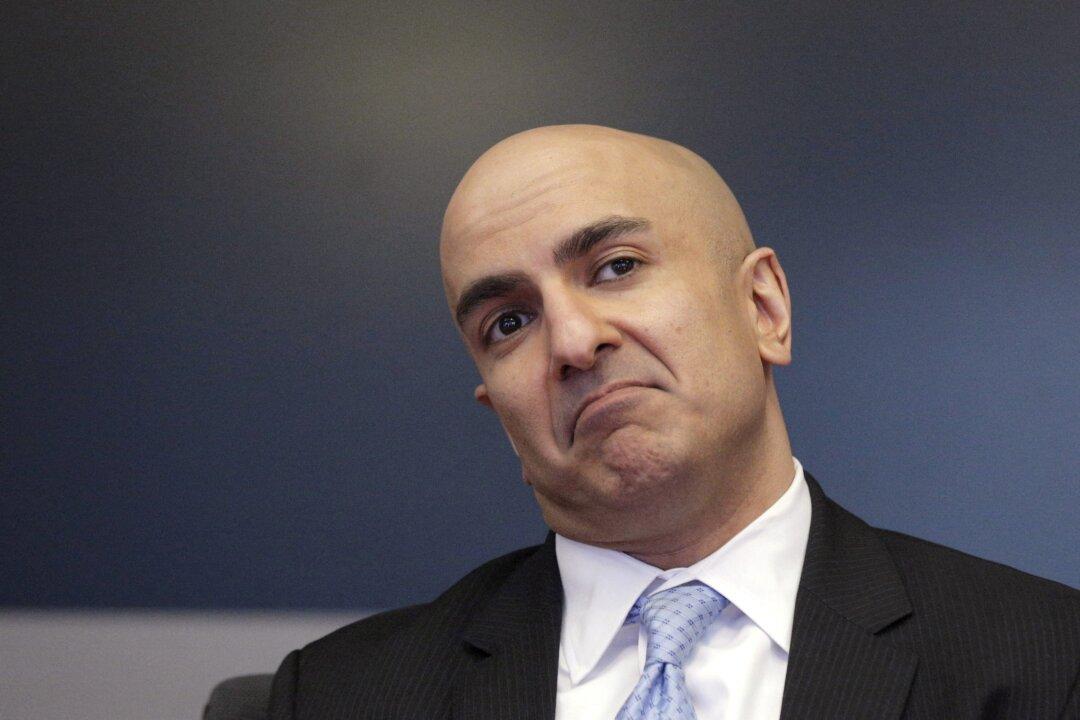Minneapolis Fed President Neel Kashkari, a member of the central bank’s rate-setting monetary policy committee, is open to pausing interest rates at the next policy meeting in June.
He told the Wall Street Journal on May 21 that members of the Federal Open Market Committee (FOMC) need more time to assess the results of previous rate increases and their impact on U.S. inflation.
Kashkari, who has become an interest rate policy hawk over the past year regarding inflation, said that inflation “does seem to be coming down,” but still remained persistently higher than the Federal Reserve had anticipated despite the interest rate hikes.The Fed has raised interest rates sharply ten consecutive times over the past year in its strategy to combat high inflation.





